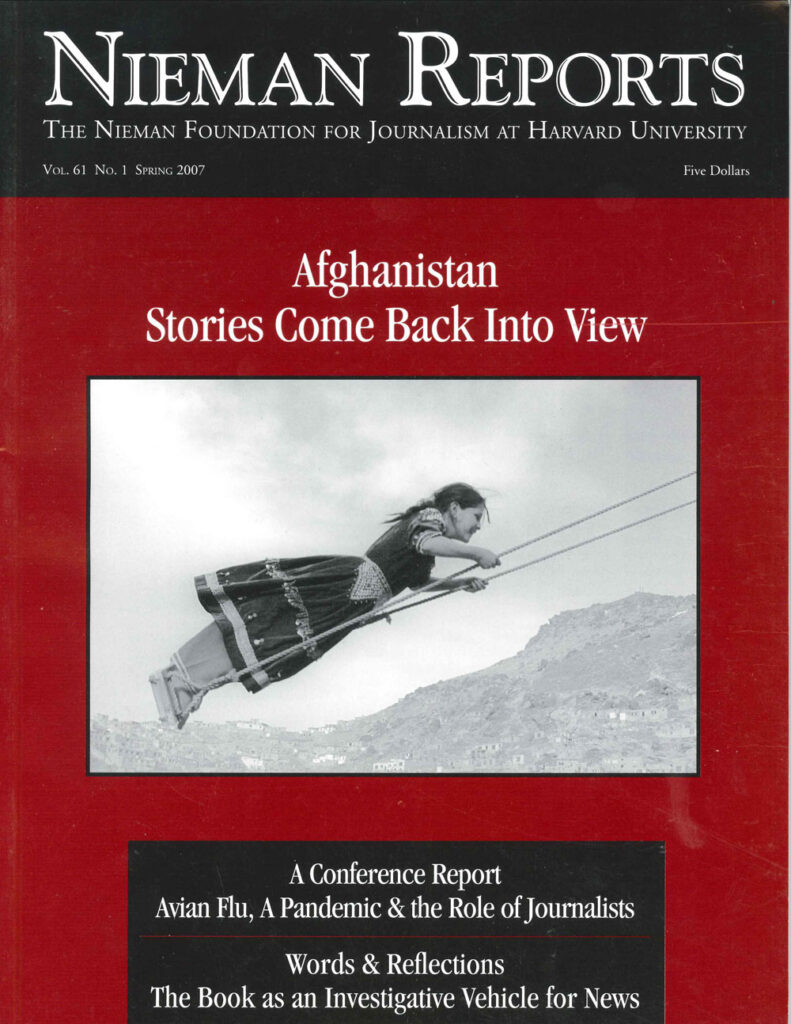John M. Barry concludes his book, "The Great Influenza: The Story of the Deadliest Pandemic in History," with the following haunting words.
There was terror afoot in 1918. The randomness of death, its speed, and its tendency to kill off the healthiest brought the terror home.
The media and public officials helped create that terror—not by exaggerating the disease but by minimizing it, in their attempt to reassure the public.
Terror rises in the dark of the mind, an unknown beast tracking us in the jungle. All good horror movies build upon the fear of the unknown, the uncertain threat that we cannot see, do not know, and from which we can find no safe haven. In every horror movie, once the monster appears, terror condenses into the concrete and diminishes. Fear remains. But the edge of panic created by the unknown dissipates.
RELATED ARTICLE
Read for Barry's previous excerpts, which offer a broader context for these events »In 1918 the lies of officials and of the press prevented the terror from becoming concrete. The public could trust nothing and so they knew nothing. And this terror prevented one woman from caring for her sister, prevented volunteers from bringing food to families too ill to feed themselves and who then starved to death, prevented trained nurses from responding to the most urgent calls for their services. The fear, not the disease, threatened to break the society apart. As Victor Vaughan—a man who did not overstate to make a point—warned, "Civilization could have disappeared within a few more weeks."
So the final lesson of 1918, a simple one yet the one most difficult to execute, is that those who occupy positions of authority must lessen the panic that can alienate the members of a society. A society that takes as its motto "every man for himself" is no longer a civilized society.
Those in authority must retain the public's trust. The way to do that is to distort nothing, to put the best face on nothing, to try to manipulate no one. Lincoln said that first, and best.
A leader must make whatever horror exists concrete. Only then will people be able to break it apart.
There was terror afoot in 1918. The randomness of death, its speed, and its tendency to kill off the healthiest brought the terror home.
The media and public officials helped create that terror—not by exaggerating the disease but by minimizing it, in their attempt to reassure the public.
Terror rises in the dark of the mind, an unknown beast tracking us in the jungle. All good horror movies build upon the fear of the unknown, the uncertain threat that we cannot see, do not know, and from which we can find no safe haven. In every horror movie, once the monster appears, terror condenses into the concrete and diminishes. Fear remains. But the edge of panic created by the unknown dissipates.
RELATED ARTICLE
Read for Barry's previous excerpts, which offer a broader context for these events »In 1918 the lies of officials and of the press prevented the terror from becoming concrete. The public could trust nothing and so they knew nothing. And this terror prevented one woman from caring for her sister, prevented volunteers from bringing food to families too ill to feed themselves and who then starved to death, prevented trained nurses from responding to the most urgent calls for their services. The fear, not the disease, threatened to break the society apart. As Victor Vaughan—a man who did not overstate to make a point—warned, "Civilization could have disappeared within a few more weeks."
So the final lesson of 1918, a simple one yet the one most difficult to execute, is that those who occupy positions of authority must lessen the panic that can alienate the members of a society. A society that takes as its motto "every man for himself" is no longer a civilized society.
Those in authority must retain the public's trust. The way to do that is to distort nothing, to put the best face on nothing, to try to manipulate no one. Lincoln said that first, and best.
A leader must make whatever horror exists concrete. Only then will people be able to break it apart.



